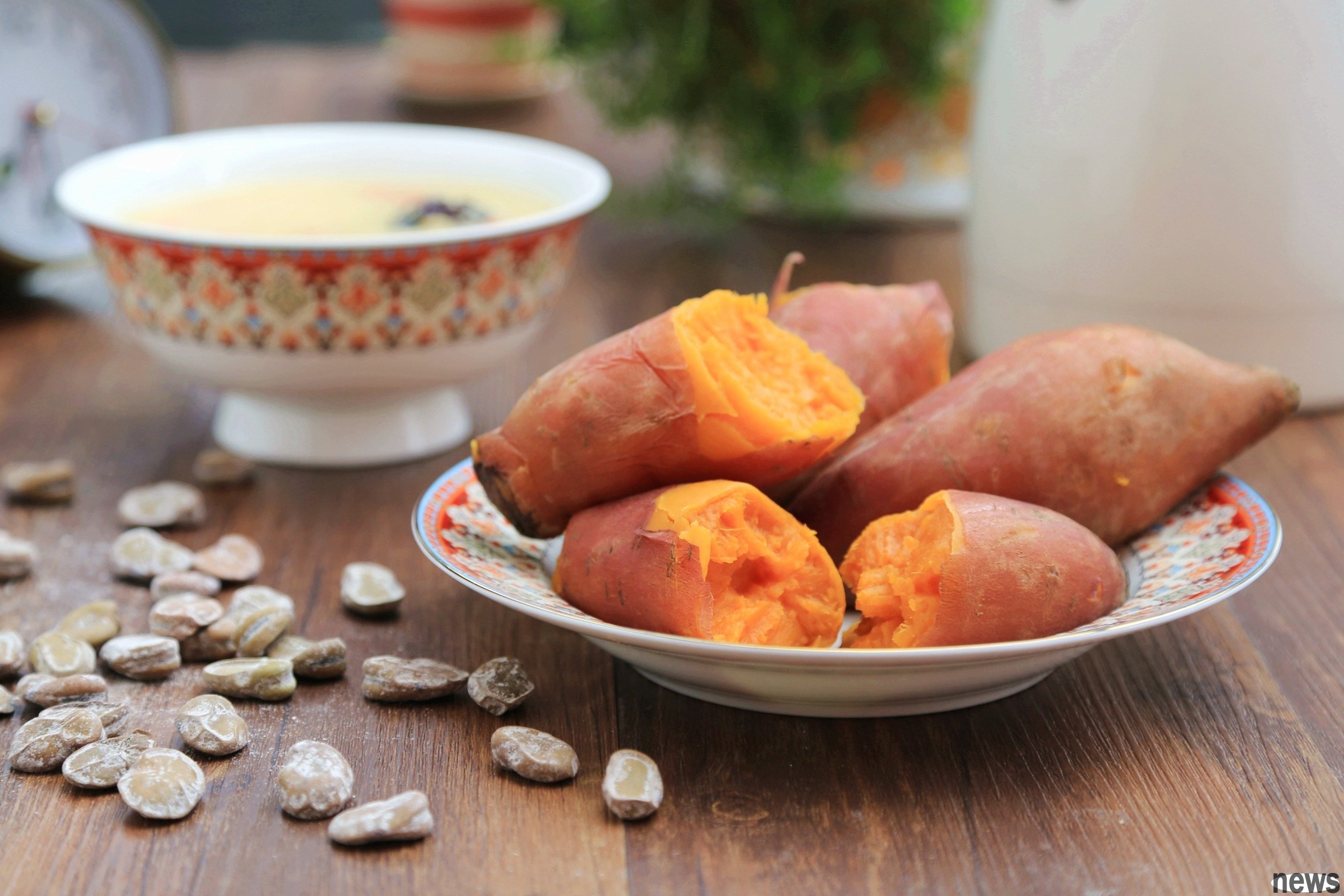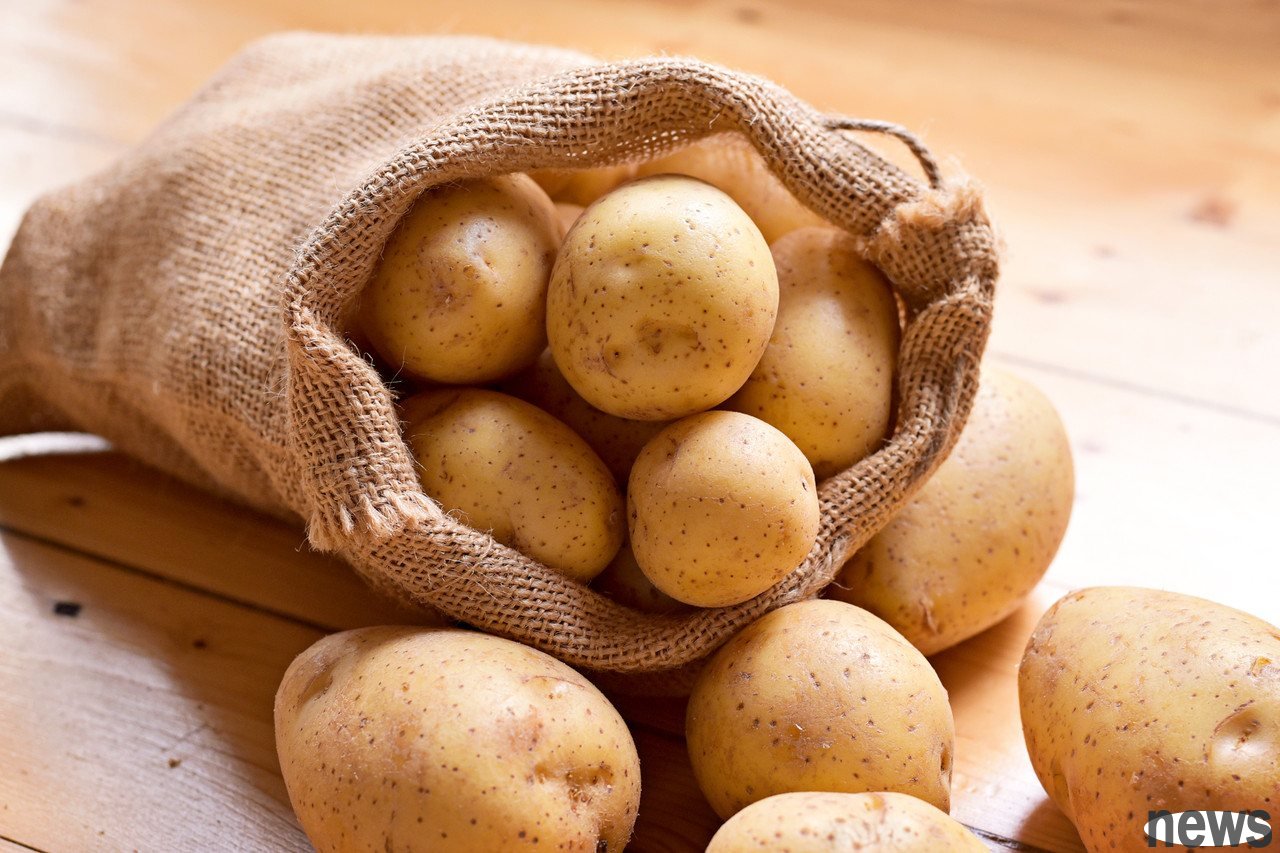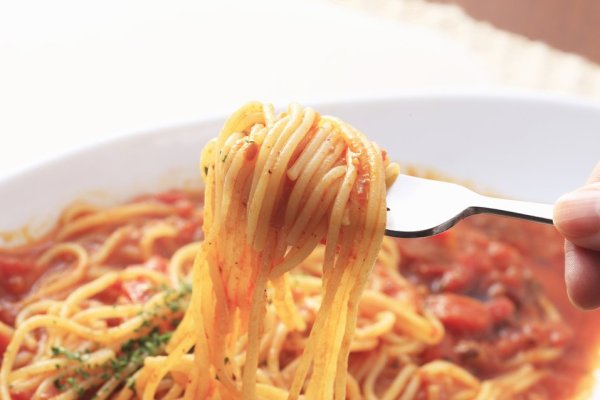Which one is healthier, sweet potatoes vs. potatoes? Nutritionist reveals key differences and the answer may surprise you

Whether baked, boiled, steamed or mashed, potatoes and sweet potatoes are the most common root foods in the daily diet. They are also rich in carbohydrates and dietary fiber, and are one of the protagonists of many diets (such as the Mediterranean diet and MIND diet). However, from a nutritional perspective, which one is healthier?
American registered dietitian Rachel Gargano and Cara Harbstreet pointed out in an interview: "Although they are both called 'potato', they are actually from completely different plant families—— Potato genus In the Solanaceae family, sweet potatoes are in the Convolvulaceae family.} Sweet potato and potato nutrition facts Compare
According to the United States Department of Agriculture (USDA), every 100 grams of cooked sweet potatoes (including skin) has about 90 calories, including 2.0 grams of protein, 0 grams of fat, 20.7 grams of carbohydrates, and 3.3 grams of dietary fiber. Each 100 grams of baked potato (including skin) contains about 95 calories, including 2.6 grams of protein, 0 grams of fat, 21.4 grams of carbohydrates, and 2.3 grams of dietary fiber.
Nutritionist Harbstreet said: "The nutritional difference between the two is actually not big."

The biggest nutritional feature of sweet potatoes is that it is rich in β-carotene, which can be converted into vitamin A in the body to help maintain vision and immune function. In addition, sweet potatoes also provide rich nutrients such as vitamin C, B6, niacin, manganese, copper and potassium.
A 2022 study published in "Antioxidants" pointed out that the antioxidants in sweet potatoes can help protect liver and cardiovascular health, and even have potential anti-cancer effects. In particular, the anthocyanins contained in purple sweet potatoes can help delay aging and reduce inflammation.
But if you eat too many sweet potatoes at one time, it may also cause yellow-orange changes in the skin (called carotenemia). Although it is not harmful, it is still recommended to eat a variety of fruits and vegetables of different colors.

"Potatoes are often misunderstood as an 'unhealthy food,' but their nutritional value is actually higher than imagined." Gargano pointed out that a serving of potatoes can provide dietary fiber, vitamin C, B6, folic acid, potassium, and phosphorus. In particular, the potassium content is quite high, which helps regulate blood pressure and balance sodium levels in the body.
Potatoes also contain a variety of antioxidants, such as carotenoids, phenolic acids, anthocyanins and flavonoids, which help reduce inflammation and oxidative stress.
Potential disadvantages of bothSince sweet potatoes and potatoes are both high-starch foods, if you need to control blood sugar, you should pay attention to the portion size and cooking method. Harbstreet added: "The real problem is often not the ingredients themselves, but the way they are cooked." Potatoes that are fried or over-salted (such as French fries and potato chips) are prone to ingesting too much saturated fat and sodium, which is detrimental to cardiovascular health.
Although sweet potatoes are rich in antioxidants, they are usually larger in size and contain more calories and carbohydrates.
Which one is better to eat when losing weight?Gargano said: "Both can become part of a balanced diet if cooked in a healthy way (such as steaming, roasting, and not frying)." However, if you want to compare the nutritional density, sweet potatoes are indeed slightly better, providing about twice more vitamins and antioxidants.
"There is no better sweet potato or potato. The key is how to eat it and how to mix it." Harbstreet suggested. Only by choosing natural cooking methods and eating them with vegetables and protein ingredients can you balance nutrition and blood sugar stability. As long as you control the portion size and avoid frying, sweet sweet potatoes or soft potatoes are both healthy choices on the table.




